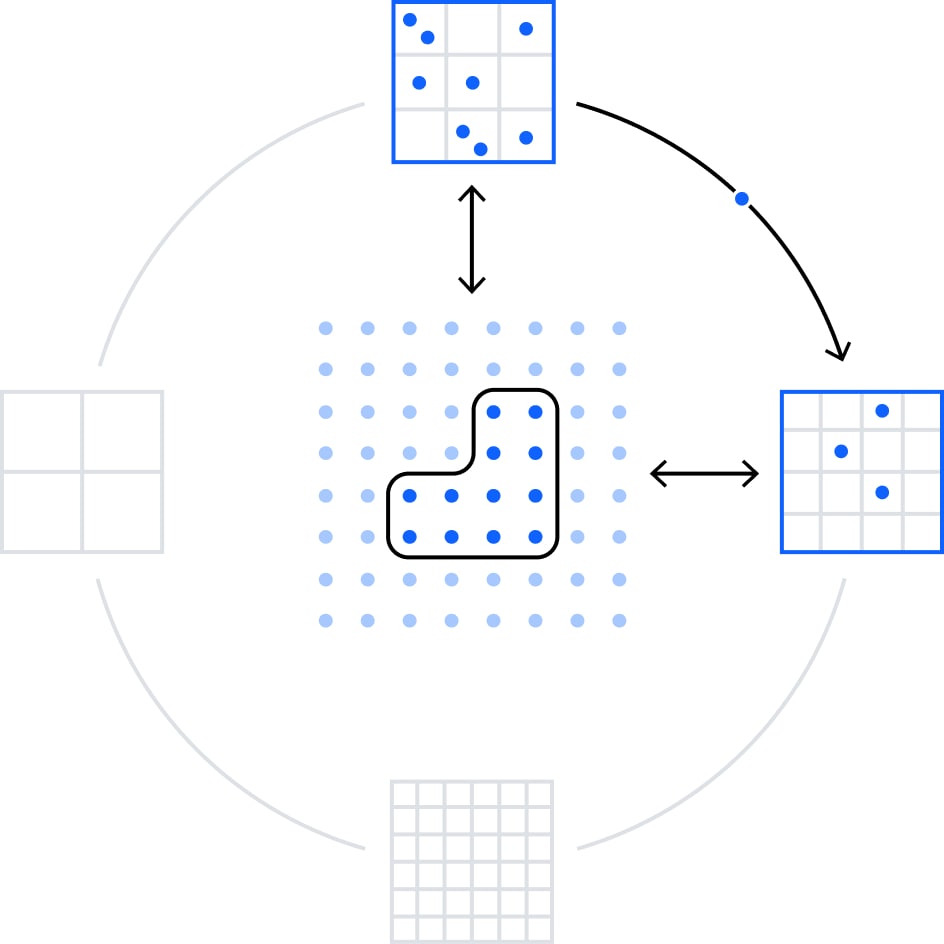
Overbearing Orchestrators The Rise of Hyperparenting

Overbearing Orchestrators: The Rise of Hyperparenting
The Hyperparenting Phenomenon
In recent years, a new parenting style has emerged on the scene, often referred to as hyperparenting. This approach is characterized by an intense level of involvement in every aspect of a child’s life, from academics to extracurricular activities to social interactions. Hyperparents are deeply invested in their children’s success and well-being, often to the point of micromanaging every aspect of their lives.
The Pressure Cooker of Expectations
Hyperparenting is fueled by a culture of high expectations and intense competition. In today’s society, there is immense pressure for children to excel academically, athletically, and socially. Parents feel compelled to ensure their children have every advantage possible to succeed in an increasingly competitive world. This pressure cooker of expectations can lead to hyperparenting behaviors as parents strive to give their children the best possible start in life.
Navigating the Fine Line Between Care and Control
While hyperparenting is rooted in good intentions – a desire to see their children succeed and thrive – it can easily veer into overbearing and controlling territory. Hyperparents may hover over their children’s every move, from doing their homework for them to scheduling every minute of their free time. This excessive control can hinder children’s independence and autonomy, preventing them from developing essential life skills and problem-solving abilities.
The Stress and Strain of Hyperparenting
Hyperparenting can take a toll on both parents and children alike. The constant pressure to excel can lead to stress, anxiety, and burnout for parents, as they strive to meet unrealistic expectations for their children. Likewise, children may feel overwhelmed by the relentless scrutiny and pressure to perform, leading to feelings of inadequacy and low self-esteem. The stress and strain of hyperparenting can strain parent-child relationships and create an unhealthy dynamic within the family.
Breaking Free from the Hyperparenting Trap
Breaking free from the hyperparenting trap requires a shift in mindset and behavior. Parents must learn to strike a balance between being supportive and being overbearing, allowing their children the freedom to explore and learn from their own experiences. This may involve letting go of the need for perfection and embracing a more relaxed and flexible approach to parenting.
Redefining Success and Well-being
Instead of focusing solely on academic achievement and extracurricular success, parents should prioritize their children’s overall well-being and happiness. Success should be defined not just in terms of accomplishments, but also in terms of personal growth, resilience, and fulfillment. By fostering a supportive and nurturing environment, parents can help their children develop the skills and qualities they need to thrive in life, beyond the confines of traditional measures of success.
Embracing Imperfection and Resilience
It’s important for parents to recognize that failure and setbacks are a natural part of life, and that it’s okay for their children to make mistakes and learn from them. Building resilience and perseverance is far more valuable than shielding children from every challenge or disappointment. By embracing imperfection and teaching their children to bounce back from setbacks, parents can empower them to navigate life’s ups and downs with confidence and resilience.
Conclusion
Hyperparenting may be well-intentioned, but its excessive focus on control and perfection can have detrimental effects on both parents and children. By reevaluating their approach to parenting and embracing a more balanced and holistic perspective, parents can create a healthier and happier environment for their families to thrive. Ultimately, success as a parent is not measured by the accomplishments of our children, but by the strength of the relationships we build and the values we instill in them. Read more about hyperparenting



